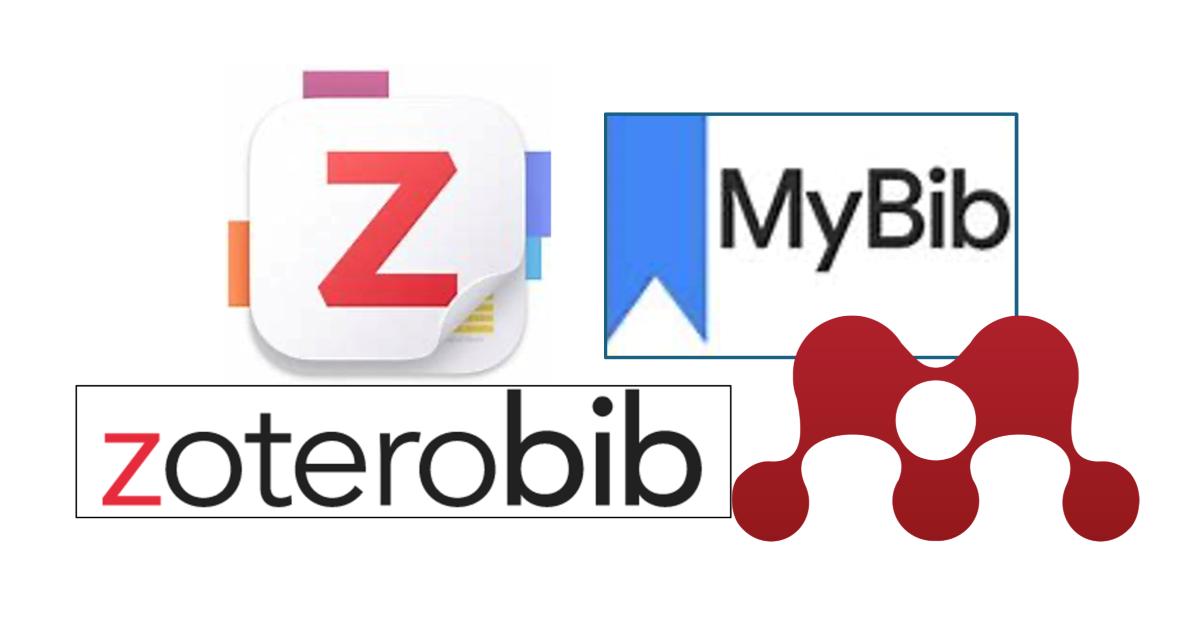Research data – what to keep?
06/03/2020

Deciding what research data to keep, and why, has become a more significant focus in recent years as the volume and diversity of data outputs have grown.
The What to Keep study was commissioned by Jisc and undertaken from May 2018 to January 2019.
Among the key findings from the study are:
- The main drivers for what to keep are research integrity and reproducibility (the availability of the data supporting the findings in research); and the potential for reuse (availability of data for sharing with other users).
- Research grant terms and other legal requirements (e.g. for clinical trials data) can specify a minimum term for which research data must be kept and at a basic level that sets one simple retention criterion. However, as these dates begin to expire an increasing number of datasets will need review and potentially more complex appraisal decisions made on whether they are retained.
- It is essential to consider not only what and why to keep data, but for how long to keep it, where to keep it, and increasingly how to keep it in ways that reflects its potential value, cost, and available funding.
- For funders from all disciplines, including UK Research and Innovation (UKRI), the optimal research data to keep are:
- Data which support primary research findings, e.g. are necessary to reproduce or query those findings
- Data that is of obvious long term value e.g. longitudinal studies
- Data which is subject to legal requirements
- Data with short term value for one purpose or set of users, but which can also have long term value for other purposes or users.
Some questions remain around what to keep in relation to instrumentation data, outputs from models and simulations, serendipity and “Curated Databases”.
Regarding supplementary data and materials, we should keep metadata, some software/algorithms/codes supporting data reproduction or interpretation, and physical materials.
The CESSDA SaW Cost Benefit Advocacy Toolkit provides valuable tools for thinking about future cost and benefits of research data.
Photo by Adam Nowakowski on Unsplash
Categories & Tags:
Leave a comment on this post:
You might also like…
Meet Mendeley: a powerful referencing tool that does the hard work for you!
Are you looking for a way to manage your references, create in-text citations and reference lists for your assignments or thesis? If so, you may wish to consider using Mendeley. What is it? Mendeley is ...
Adding documents to your Mendeley account
To make the most of a Mendeley account, it is useful to create and maintain a ‘Library’ of references. You can add references and documents to this Library in a number of ways: 1) Drag ...
Choosing the right reference management tool for you…
Are you thinking about using reference management software to help you manage your references? The Library is here to help you. While Mendeley has been our go-to reference management software for some years, we've recently ...
Cranfield Seed Fund recipient, Cosysense, are using AI to solve air conditioning problems and provide a net zero alternative
If you’ve ever worked in an office environment you’ve probably been involved in, or overheard, a conversation about the air conditioning. Well, it’s no surprise it’s a common complaint when research shows that up ...
An Eye-Opening Journey in Advanced GIS & Remote Sensing at Cranfield University
My experience in the Advanced GIS and Remote Sensing course at Cranfield University was nothing short of transformational. From day one, the course was designed to provide both technical expertise and real-world applications. What ...
EBSCO databases – User interface changes
EBSCO has recently introduced a new user interface which you will see when you access any of our EBSCO databases - Business Source Complete, EBSCO eJournals and eBooks, GreenFILE, PsycARTICLES and PsycINFO. If you've used ...






